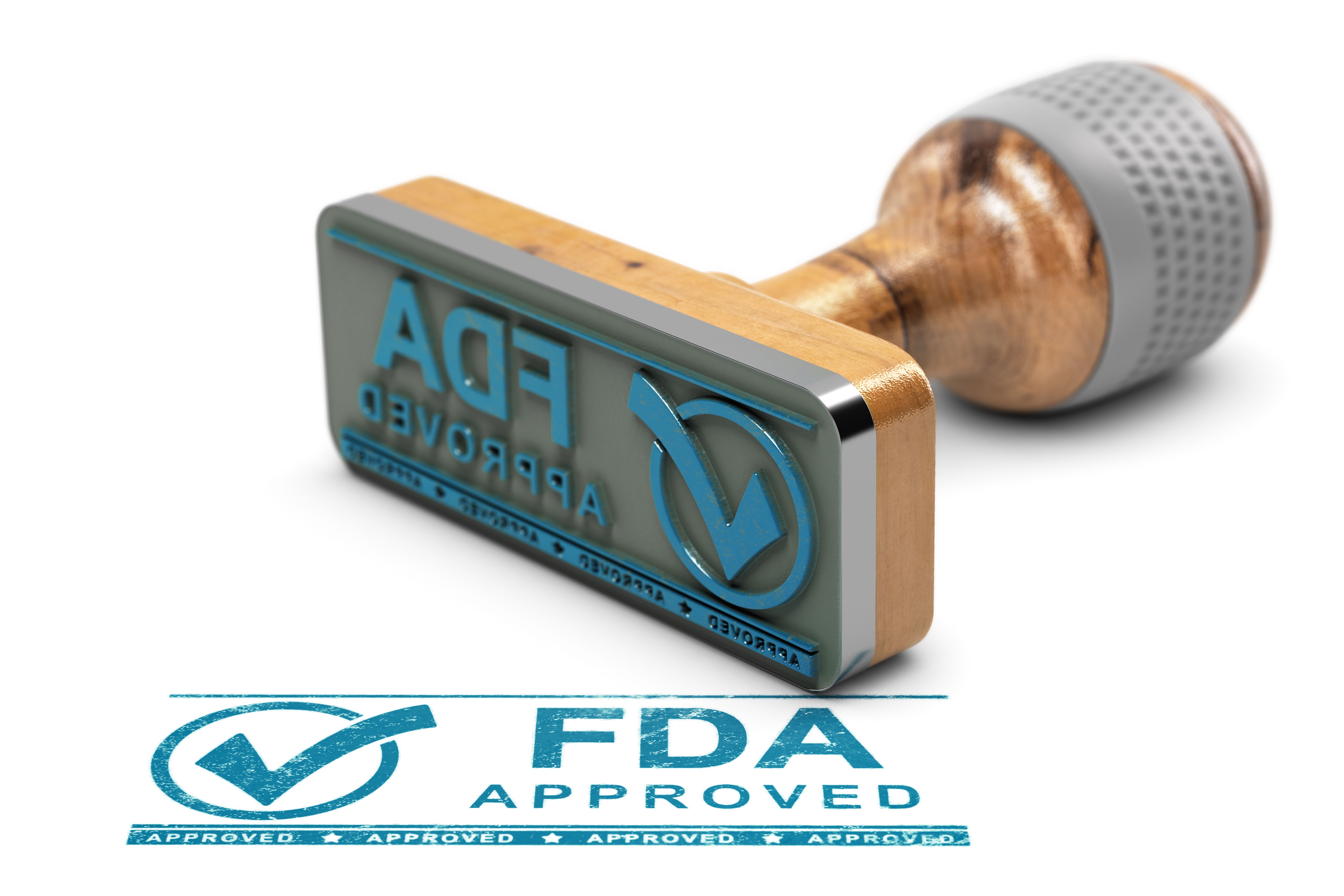Fabhalta Gains FDA Approval for Treatment of Paroxysmal Nocturnal Hemoglobinuria
Novartis anticipates Fabhalta to be available in the United States in December for the treatment of paroxysmal nocturnal hemoglobinuria.
The FDA has approved Novartis’ Fabhalta (iptacopan) for the treatment of adult patients with paroxysmal nocturnal hemoglobinuria (PNH), which is the first oral monotherapy to gain approval for this indication.1 The Factor B inhibitor acts proximally in the alternative complement pathway of the immune system, which allows for comprehensive control of red blood cell (RBC) elimination both in and outside of blood vessels.
Image credit: Olivier Le Moal | stock.adobe.com

“An efficacious oral treatment with a demonstrated safety profile could be practice-changing for physicians and help relieve burdens experienced by people with PNH,” Vinod Pullarkat, MD, MRCP, clinical professor, Department of Hematology and Hematopoietic Cell Transplantation, City of Hope, said in a press release. “In clinical studies, iptacopan was superior to anti-C5s in hemoglobin improvement in the absence of RBC transfusion and transfusion avoidance rate, and also effective in complement inhibitor-naïve individuals, by providing clinically meaningful hemoglobin-level increases without the need for blood transfusions.”1
The regulatory action was based findings from the Phase 3 APPLY-PNH trial (NCT04558918), which enrolled individuals with residual anemia (hemoglobin < 10 g/dL) despite prior anti-C5 treatment who switched to Fabhalta. Patients administered the drug experienced superior hemoglobin improvement without an RBC transfusion and a higher rate of avoiding transfusions compared with patients who stayed on anti-C5 treatments.
Also key in the FDA approval decision were results of the multinational, multicenter, open-label, single-arm, Phase 3 APPOINT-PNH study (NCT04820530). The trial evaluated the safety and efficacy of 200 mg twice-daily oral Fabhalta in 40 adults with PNH who were not previously treated with a complement inhibitor therapy.2
The trial’s primary endpoint was proportion of patients with a 2 g/dL or more increase in hemoglobin levels from baseline without the need for blood transfusion at 24 weeks. Secondary endpoints were sustained hemoglobin levels of 12 g/dL or more without the need for transfusion, transfusion independence, reduction of lactate dehydrogenase (LDH) levels, rate of breakthrough hemolysis, and change in fatigue.
The study met its primary endpoint with 92.2% of complement inhibitor-naïve patients achieving a 2 g/dL increase in hemoglobin levels from baseline without the need for transfusion. LDH levels also decreased by 83.5% from baseline to 24 weeks, which suggests there is less RBC destruction, according to the investigators. Further, approximately 97.6% of patients administered Fabhalta achieved RBC transfusion independence at 24 weeks compared with 70% who received blood transfusions in the six months prior to treatment.2
The investigational therapy also improved fatigue from baseline, according to scores based on scores from the Functional Assessment of Chronic Illness Therapy, and at least 62.8% of patients achieved 12 g/dL hemoglobin levels without the need of RBC transfusion. Results from the APPLY-PNH trial suggest superiority of Fabhalta to anti-C5 in patients with residual anemia who had already been treated with an anti-C5, according to the trial investigators.2
PNH is a chronic, rare, and serious complement-mediated blood disorder that affects approximately 20 people per 1 million worldwide. Patients with PNH produce RBCs that are prematurely destroyed within blood vessels, resulting in anemia, fatigue, and other debilitating symptoms that lower quality of life. PNH has significant unmet needs that are not addressed by available anti-C5 therapies, such as eculizumab and ravulizumab. A large proportion of patients with the disease continue to be anemic dependent on blood transfusions, and remain fatigued despite being on anti-C4 therapies.3
Novartis said it anticipates Fabhalta to be available in the United States in December, with additional regulatory filings and reviews for the drug to treat PNH ongoing worldwide.
“The US approval of Fabhalta is an extraordinary moment for people living with PNH, their loved ones and the healthcare providers who care for them,” said Victor Bultó, president US, Novartis, in a press release. “This new, effective oral medicine may mean that patients can reset their expectations of living with PNH, a chronic and life-altering blood disease. As Novartis continues to focus on conditions with unmet patient need, we are exploring the potential of Fabhalta in other complement-mediated diseases—with an ultimate goal to drive meaningful change for patients.”1
References
1. Novartis receives FDA approval for Fabhalta® (iptacopan), offering superior hemoglobin improvement in the absence of transfusions as the first oral monotherapy for adults with PNH. Novartis. December 6, 2023. Accessed December 6, 2023. https://www.novartis.com/news/media-releases/novartis-receives-fda-approval-fabhalta-iptacopan-offering-superior-hemoglobin-improvement-absence-transfusions-first-oral-monotherapy-adults-pnh
2. Novartis. Novartis Phase III APPOINT-PNH trial shows investigational oral monotherapy iptacopan improves hemoglobin to near-normal levels, leading to transfusion independence in all treatment-naïve PNH patients. News Release. April 26, 2023. Accessed December 6, 2023. https://www.novartis.com/us-en/
3. Novartis investigational oral monotherapy iptacopan demonstrates clinically meaningful superiority over anti-C5 treatment in Phase III APPLY-PNH study. News release. Novartis. October 24, 2022. Accessed December 6, 2023. https://www.novartis.com/news/media-releases/novartis-investigational-oral-monotherapy-iptacopan-demonstrates-clinically-meaningful-superiority-over-anti-c5-treatment-phase-iii-apply-pnh-study